When my friend Herb Ringer died three years ago at the age of 85, it was the end of an era for me. Remarkably–and appropriately, I’d say–he passed away on my birthday. Since our first meeting at the Arches National Park campground in the early 1980s, we had become and would remain loyal friends and kindred spirits. Although many decades separated our ages, we were of the same time in so many ways.
Herb was, in fact, my Time Machine. He remembered everything. I could randomly toss out a date and he could tell me where he was and what he was doing and who he knew. He remembered how it felt to be alive at that moment. Herb connected me to a simpler time that I found (and still find) myself longing for, a time that occurred years before my own birth.
And he documented everything. Beginning with his first trip across the country to Reno from New Jersey in 1938, to Herb’s last cross-country journey in 1994, he missed nothing. His photographs are not just of the scenery but of Americans who traveled across it. While we snapped pictures of Delicate Arch or the Grand Teton, Herb turned the camera back on us. His collection of photographs are of gas stations and cafes and parking lots and old motels and dilapidated buildings. He recorded the crowds of tourists before they could be called “crowds.” I recently found a color slide of the Grand Canyon viewpoint in front of the Bright Angel Lodge. On a bright day in May, about ten people lined the rock wall that hugs the South Rim. No pushing and shoving to get a glimpse of the Inner Canyon back then.
In almost every snapshot, you’ll find Herb’s mother and father. After he had established himself in Reno and found work at a local grocery, Herb drove east again and returned with his aging parents–he took care of them for the rest of their lives. Joseph and Sadie helped out at the Washoe Market during the long six-day work week, but on Saturday afternoons, the Ringers often climbed into the family car (in 1942 it was a Lincoln Zephyr), drove into the Sierra foothills west of Carson City, and camped at a place called Hope Valley. Over the years, they returned again and again to the same campsite, to the same stone fireplace that Herb and his father constructed at the edge of a meadow in 1942. When I took Herb back to Hope Valley for one last look in 1995, he was able to tell me that it was his 260th visit. He didn’t forget a thing.
During the war, Herb found that running a market had certain advantages. He was never short of gasoline rationing stamps, he once explained with a wink, because women were willing to trade practically anything for sugar. The Great Basin was empty beyond anything we can imagine today and when he wasn’t traveling to Hope Valley with his folks, Herb spent many Sunday afternoons exploring old mines and ghost towns.
On December 7, 1941, according to his notes, I can tell you that Herb traveled exactly 165 miles, that he left Reno at 7:50 am, and that he spent some time that morning exploring the Boot Hill cemetery in Virginia City–he was concerned about its “tumble-down appearance.” Herb poked about the ruins of old Fort Churchill and from a high point along the road marveled at the “vast desert of high range country, stretching as far as the eye can see.”
That evening he “saw the lights of Reno for the first time at night from this high spot and it presented a beautiful sight.” Then, almost as an afterthought, he reports, “Thence down into town and found the extras on the street, declaring Hawaii had been bombed by the Japanese.”
When his eyesight started to fail in the mid-1990s, Herb had to give up driving. By his estimate, he had traveled more than a million miles in America and Canada over 60 years. He surrendered his license with good cheer and proudly recalled that after more than half a century behind the wheel, he had never received a traffic ticket. In fact, he’d never even been pulled over. Now with no vehicle, Herb began documenting his walking schedule. He was able to report that in his first six months on foot, he had strolled 3000 city blocks, mostly to and from the Stockman’s Cafe’ and the grocery store in Fallon.
Herb found himself in a race with his own eyesight. Although virtually all of his color transparencies were labeled, the old black and white prints from 1939 to 1946 were not. He spent weeks and months cataloging and identifying those unlabeled photographs. Even as progressive macular degeneration finally rendered him legally blind, he would not give up. On one visit, Herb asked me to describe the scene in a stack of old prints. Incredibly, he remembered each and every image, as if the event had just occurred. He remembered names, he remembered the dates, the location…”Oh yes! The girl sitting beneath her own horse. Her name was Skippy and she claimed her horse was so well-trained she could sleep beneath it.”
He remembered the name of the horse too. But I don’t.
Herb’s last few months were tough, especially for him, as that vital connection to the past slipped away. I still believe that Herb actually willed himself to die because he could no longer be Herb Ringer. When his body finally gave up on him, in December 1998, Herb had already left.
But in some respects he’s not too far away. The following spring, a green footlocker arrived here by UPS–his good friend Patty had bundled together the last of his personal effects, many of the photographs that appear in this issue, and his ashes, and sent them to me. I hope this doesn’t strike too many of you as morbid, but Herb and I have been traveling together ever since; on many of my own sojourns in the West in the last three years, Herb has occupied the navigator’s seat. I’ve been returning Herb to many of his own favorite spots and leaving a part of him there. I’ve scattered Herb in the Grand Tetons and in the mountains of Colorado and on the High Plains. I’ve left a bit of Herb at the Lion’s Park here in Moab by the Colorado River Bridge, where he often camped. And at the Devils Garden campground where we met. Next summer I hope to make a second trip to Hope Valley, Herb’s 261st, and search for that particular meadow and his special campsite.
As if he wasn’t there already.
Archives
- January 2020
- December 2019
- March 2019
- September 2018
- March 2018
- January 2018
- December 2017
- November 2017
- October 2017
- September 2017
- August 2017
- July 2017
- June 2017
- May 2017
- April 2017
- March 2017
- February 2017
- January 2017
- December 2016
- November 2016
- October 2016
- September 2016
- August 2016
- July 2016
- June 2016
- May 2016
- April 2016
- March 2016
- February 2016
- January 2016
- December 2015
- November 2015
- October 2015
- September 2015
- August 2015
- July 2015
- June 2015
- May 2015
- April 2015
- March 2015
- February 2015
- January 2015
- December 2014
- November 2014
- October 2014
- September 2014
- August 2014
- July 2014
- June 2014
- May 2014
- April 2014
- March 2014
- February 2014
- January 2014
- December 2013
- November 2013
- October 2013
- September 2013
- August 2013
- July 2013
- June 2013
- May 2013
- April 2013
- March 2013
- February 2013
- January 2013
- December 2012
- November 2012
- October 2012
- September 2012
- August 2012
- July 2012
- June 2012
- May 2012
- April 2012
- March 2012
- February 2012
- January 2012
- December 2011
- August 2011
- July 2011
- July 2010
- June 2010
- May 2010
- April 2010
- March 2010
- February 2010
- January 2010
- December 2009
- November 2009
- October 2009
- September 2009
- August 2009
- July 2009
- June 2009
- May 2009
- April 2009
- March 2009
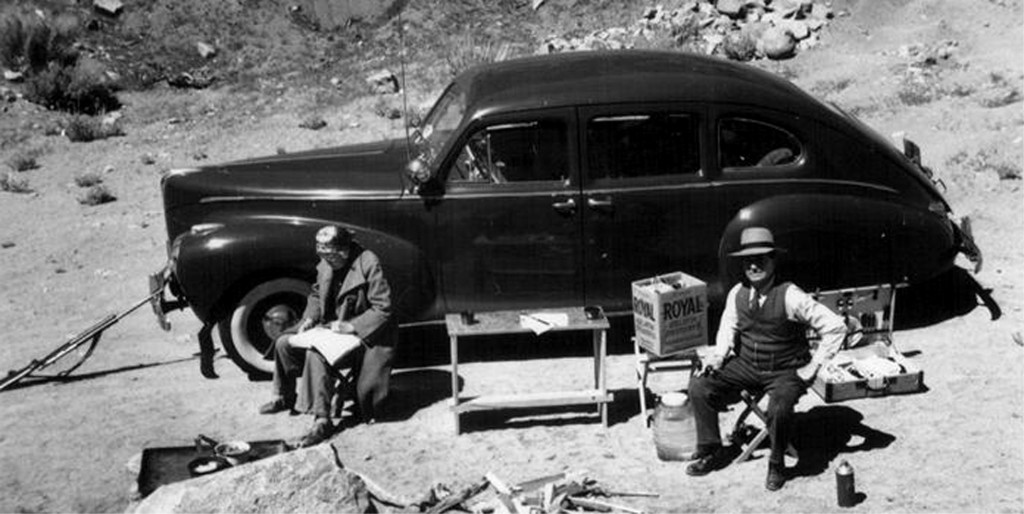
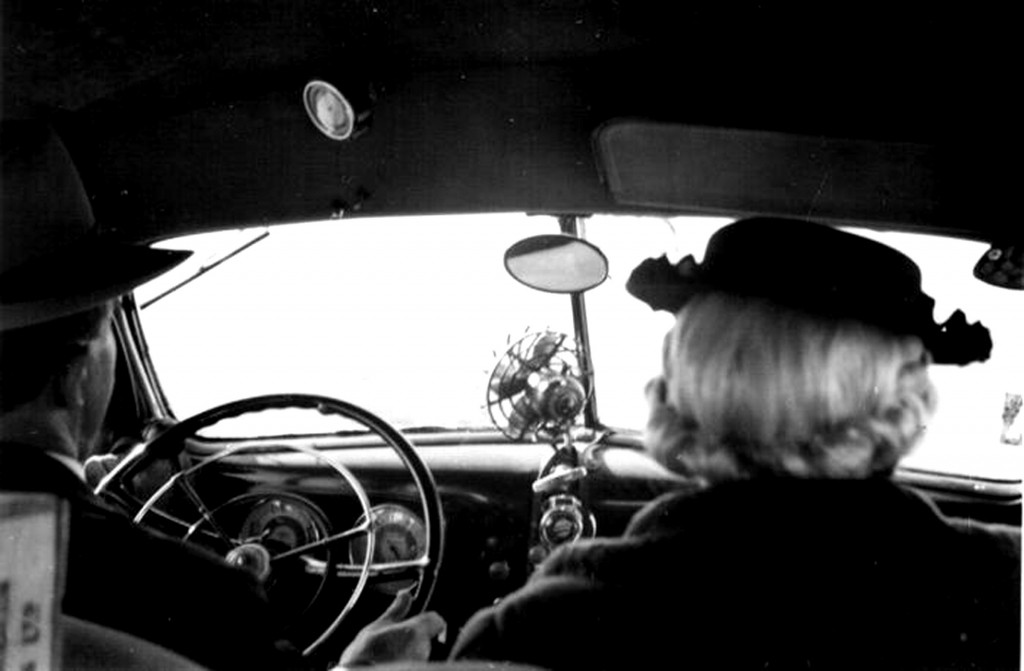

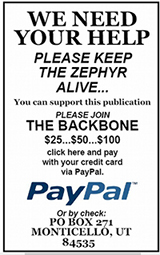

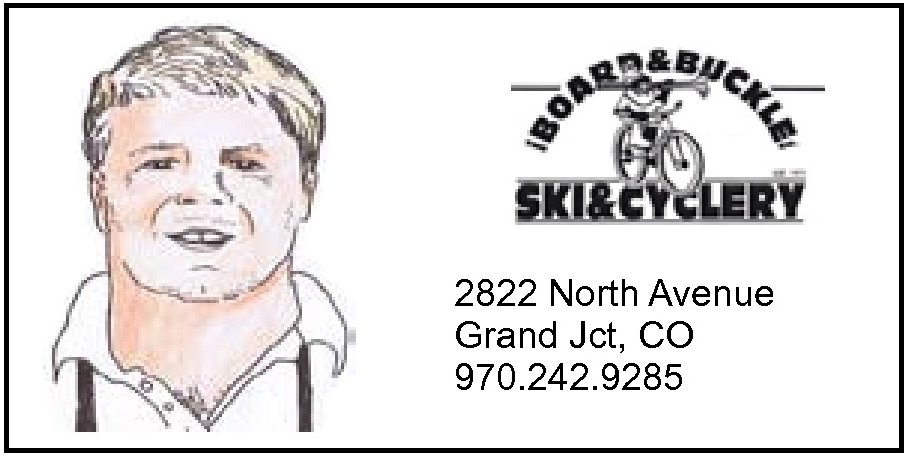
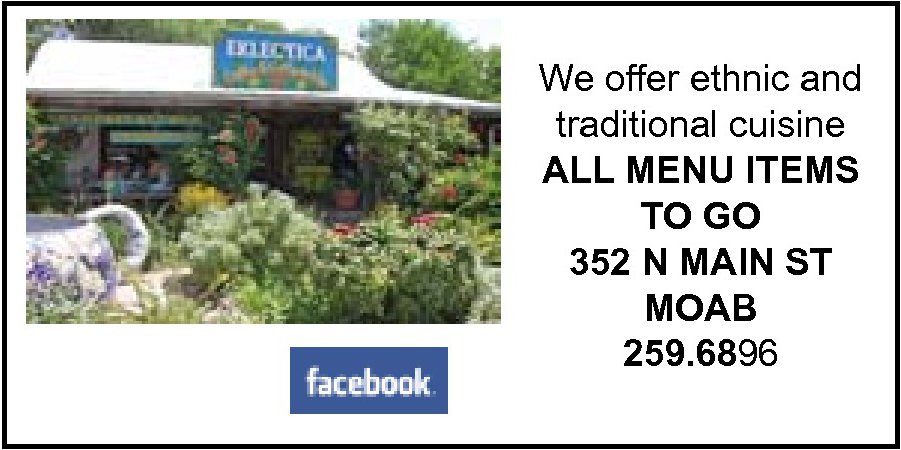
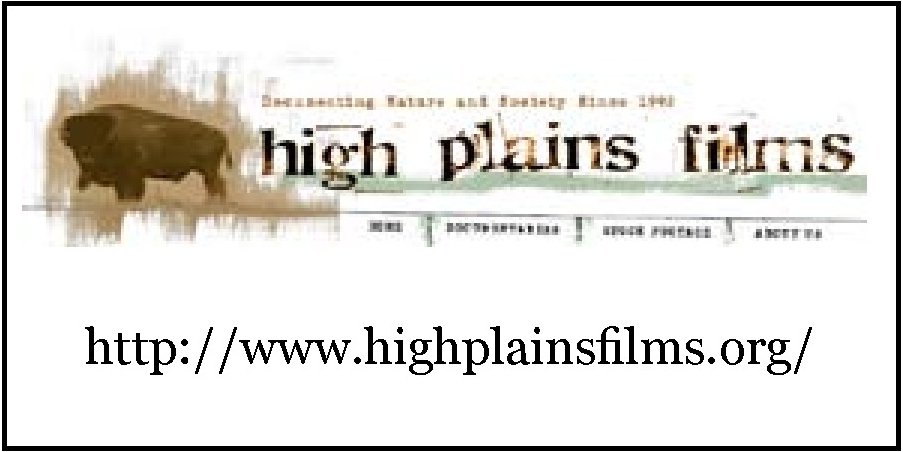
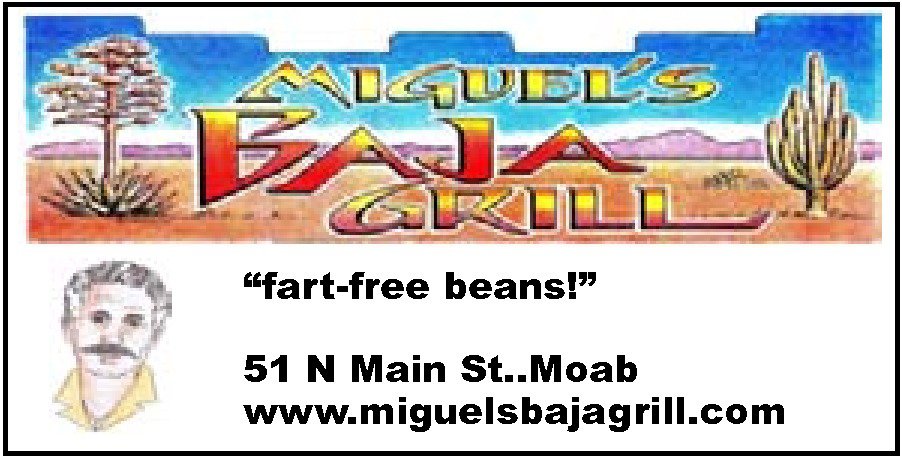
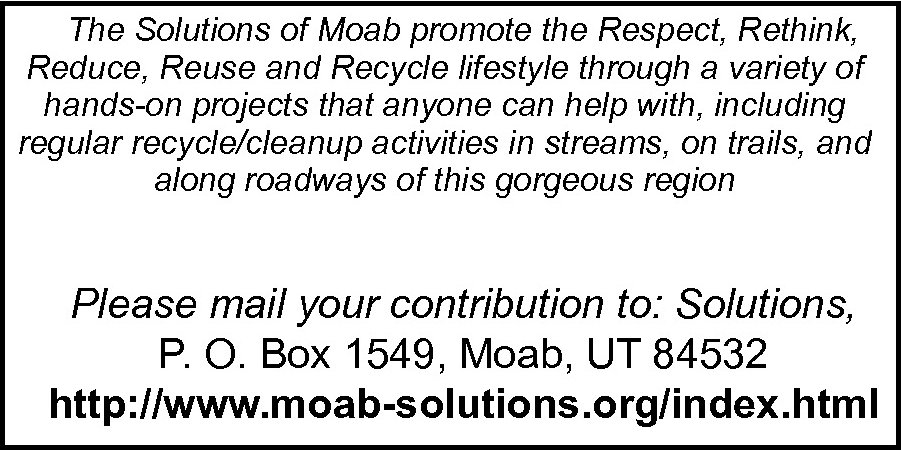
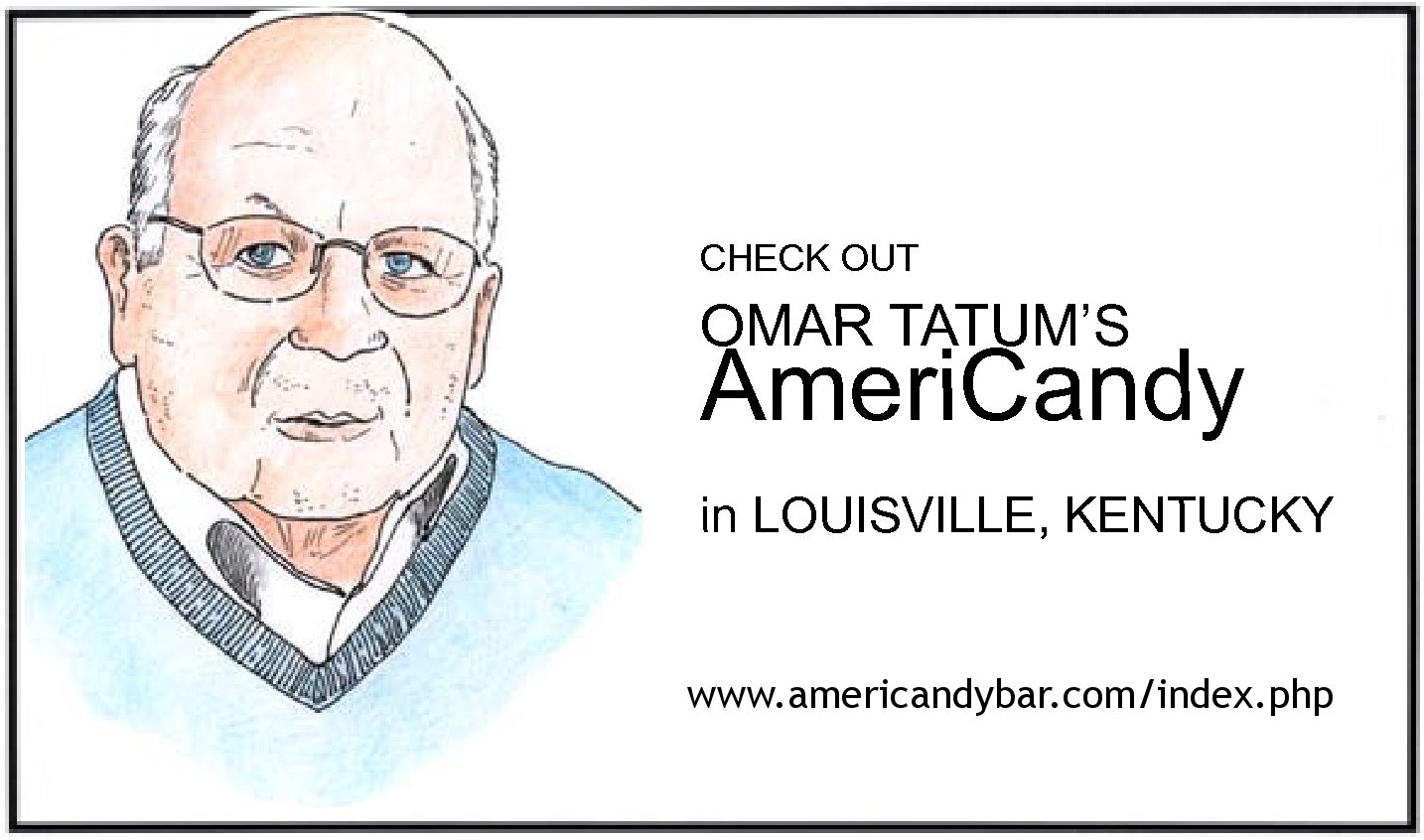

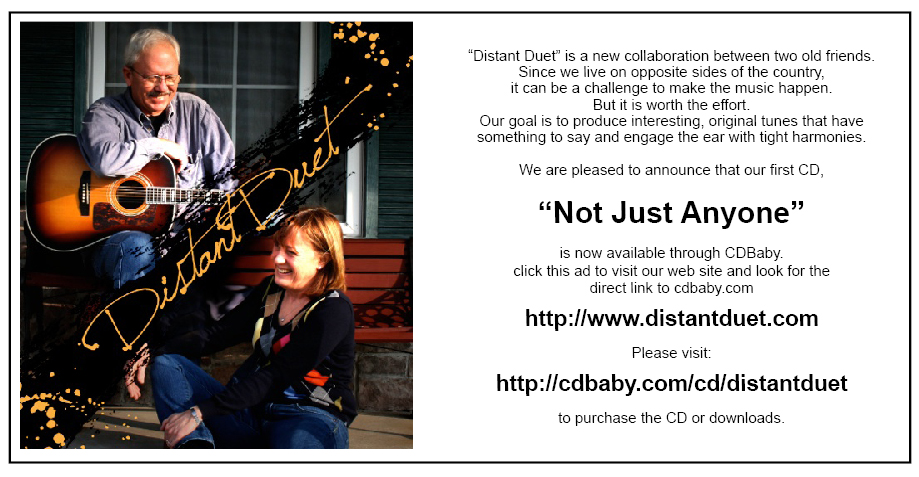
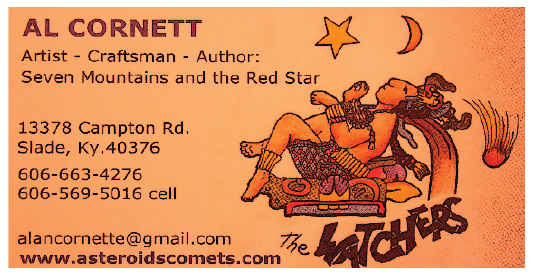
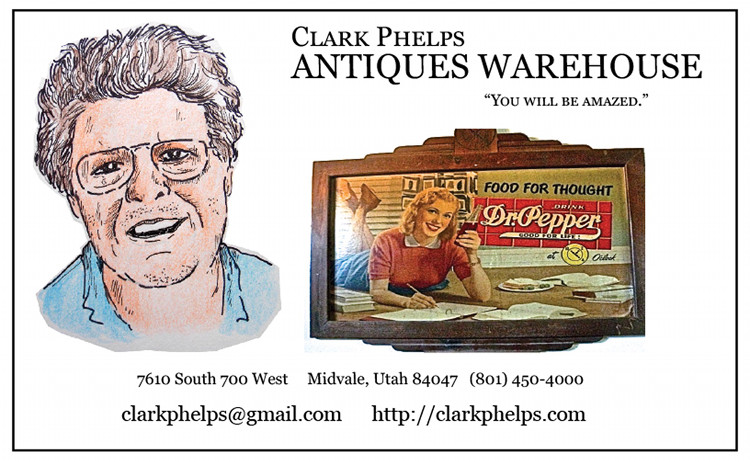
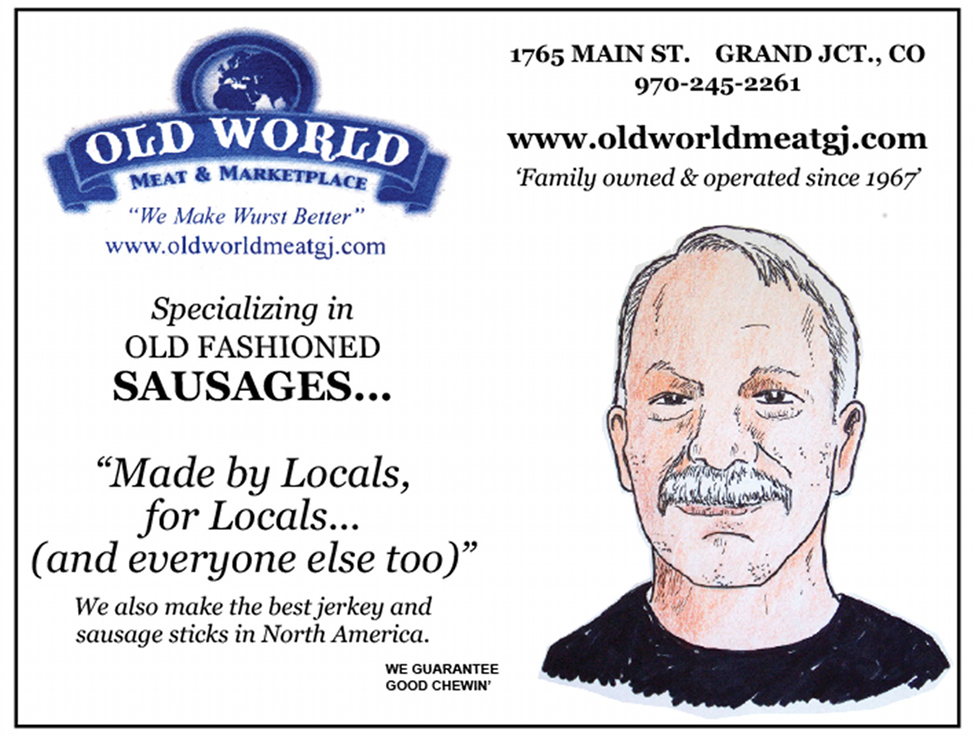
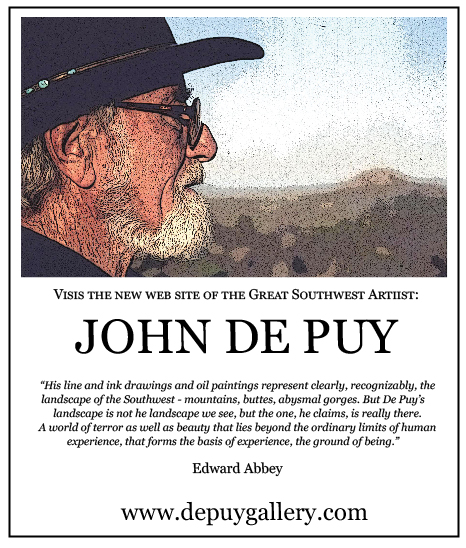
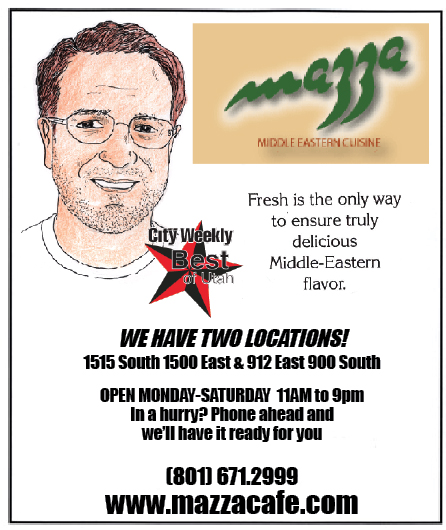
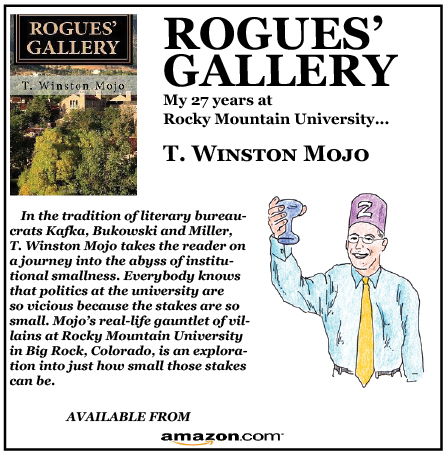
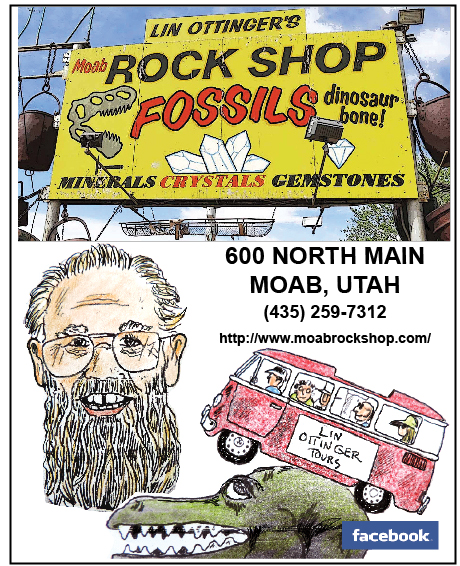
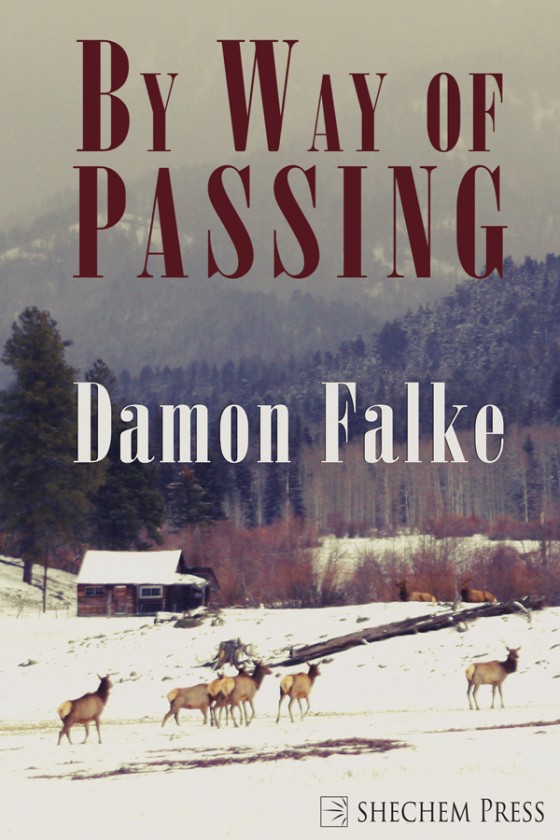
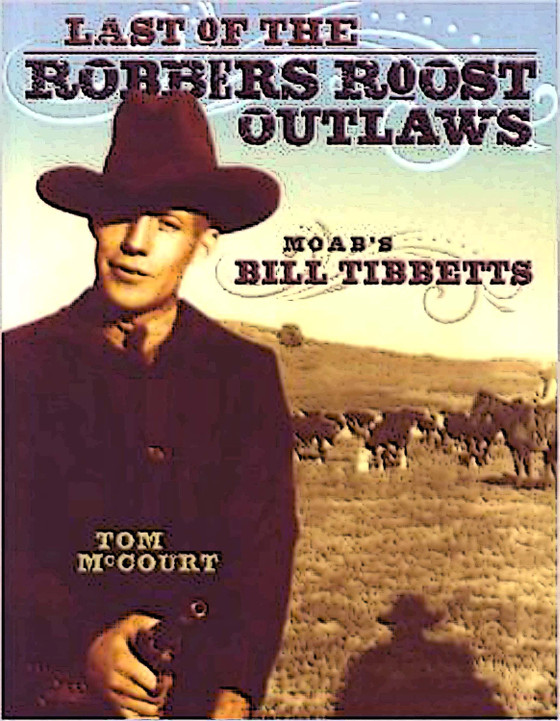
0 Responses
Stay in touch with the conversation, subscribe to the RSS feed for comments on this post.